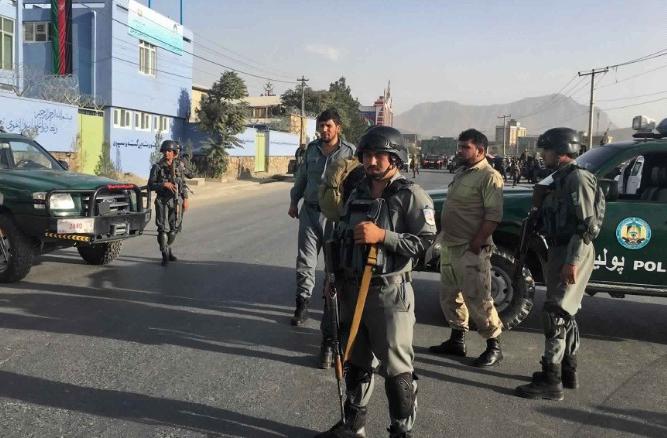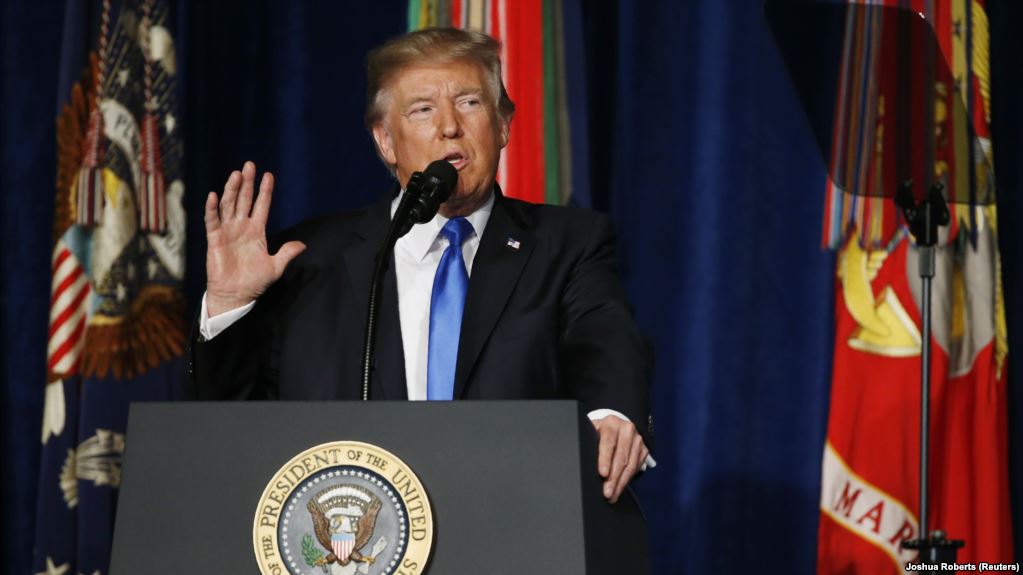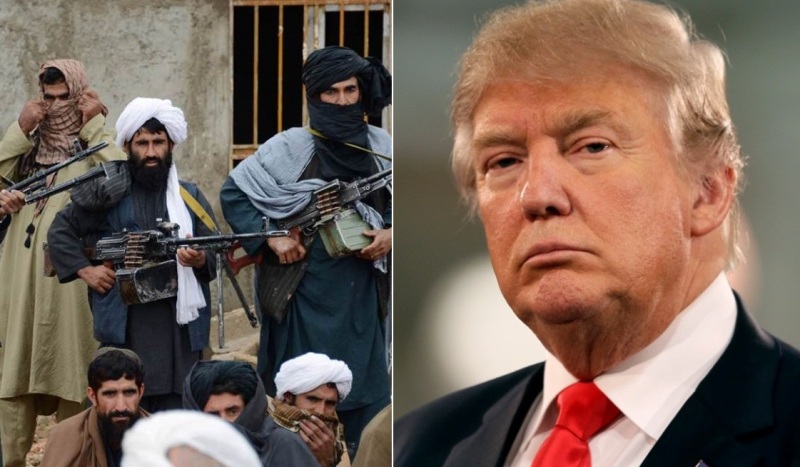Wang Zhen, Research Professor, Shanghai Academy of Social Sciences
May 08, 2021
Pulling out of Afghanistan is a fraught prospect. The country is awash in terrorists, and groups will rise quickly again. A hurried withdrawal may also trigger a humanitarian crisis, resulting in greater damage to the international status and image of the United States.
Wu Zhenglong, Senior Research Fellow, China Foundation for International Studies
Mar 07, 2019
US delegates met with the Taliban this month in what resulted in the most comprehensive discussions between the two sides to date. Despite this progress, no breakthroughs were made, and negotiators must persist. Patience is a necessary attribute when on a course towards peace.

Kemel Toktomushev, Research Fellow, University of Central Asia
Jan 11, 2018
Beijing has long refrained from engaging militarily beyond its borders. However, as some recent reports suggest, this situation may soon change. Ferghana News reported that China will build a military base in the northern province of Afghanistan.
Sajjad Ashraf, Former Adjunct Professor, National University of Singapore
Sep 14, 2017
The U.S. may be the strongest state militarily, but it needs regional players like China, Iran, Russia and Pakistan to make success of its policy choices on Afghanistan. Operationally it needs to rely on Pakistani ports and road networks to resupply American troops in Afghanistan.

He Wenping, Senior Research Fellow, Charhar Institute and West Asia and Africa Studies Institute of the China Academy of Social Sciences
Sep 08, 2017
Although some have derided Trump’s Afghan strategy as being “old wine in a new bottle,” his policy actually contains quite a few new elements that are conducive to peace and stability in Afghanistan and the region.

Chen Jimin, Guest Researcher, Center for Peace and Development Studies, China Association for International Friendly Contact
Sep 08, 2017
President Donald Trump’s speech on August 21 lays out his new strategy for winning in Afghanistan.
AP, The Associated Press
Jan 11, 2016
A key gathering opened on Monday in Islamabad in which four major countries - Afghanistan, Pakistan, China and the United States - hope to lay the roadmap to peace for the war-shattered Afghan nation.
Oct 13, 2015
Michael Auslin has called for a “new realism” in U.S. foreign policy toward China in these pages, one that “begins with an official acceptance that we are locked in a competition with China that is of Beijing’s choosing.” Moreover he suggests that Sino-U.S. dialogue must be “reset” and “conducted not as an unearned gift to Beijing, but only when there are concrete goals to be achieved.”
Ben Reynolds, Writer and Foreign Policy Analyst in New York
Jan 22, 2015
Strained relations between the Uyghur community in Xinjiang and the Chinese government have led to increasing instability, which hinders China’s larger goals to increase trade with Central Asia and the Middle East. China's New Silk Road strategy may provide an opportunity for the CCP and Uyghur leaders to strike an uneasy bargain, albeit one that can halt the cycle of repression and retaliatory violence.
Fu Xiaoqiang, Vice President, China Institutes of Contemporary International Relations
Dec 04, 2014
As China assists in Afghanistan’s reconstruction, some U.S. experts describe China as a “free-rider” in global conflict, despite the interests China shares with the U.S. in promoting peace and stability in the “Eurasian crossroads.” Sino-Afghan cooperation is not a zero-sum game where China gains and the U.S. loses. Instead, cooperation benefits both.